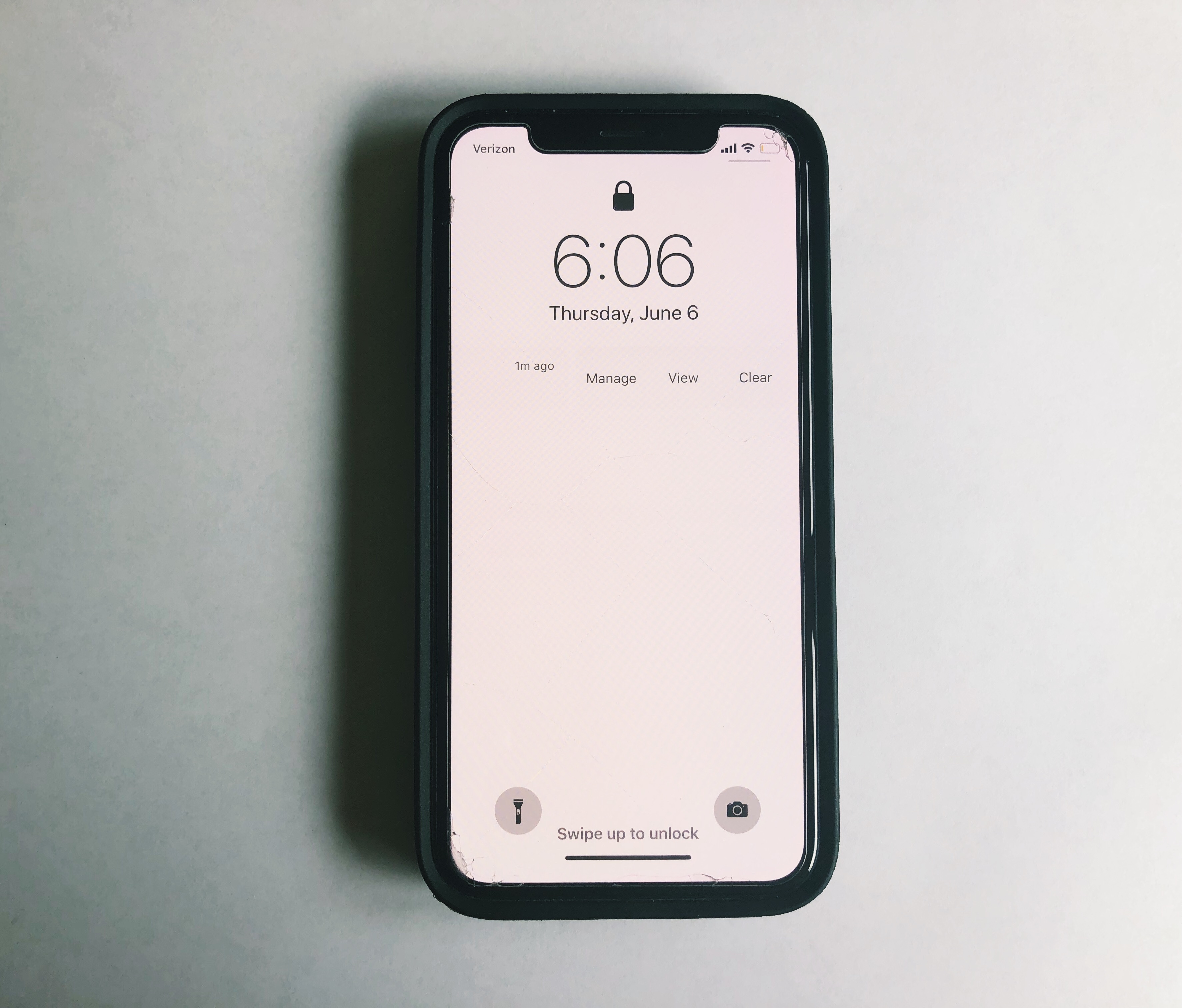Welcome to our special section, Thrive on Campus, devoted to covering the urgent issue of mental health among college and university students from all angles. If you are a college student, we invite you to apply to be an Editor-at-Large, or to simply contribute (please tag your pieces ThriveOnCampus). We welcome faculty, clinicians, and graduates to contribute as well. Read more here.
I’ve always believed that social media is beneficial because it allows us to communicate in ways and speeds that no generation before ours had been able to experience. I still believe this, but I’ve come to realize that most of this communication is, at times, useless and a waste of valuable time.
For example: the Snapchat streak. Someone sends you a picture of themself, or sometimes even a blank screen, and you send one back to make sure you don’t lose a number that stands for how many days you’ve been repeating this exchange. It’s come to the point where Snapchat lights up phones for people to pick up and continue what’s not even a real conversation.
I ended all of my streaks, but that didn’t stop people from sending me theirs. Every day, their names would pop up on my phone, incentivizing me to go on my phone and ultimately distracting me from my tasks. But Snapchat wasn’t my only distraction. Facebook kept asking me about people I might know and telling me when my friends updated their statuses. Next thing I knew, I was hovering over my screen again, watching what everyone else was doing rather than focusing on my own life.
Then there’s my biggest weakness: Instagram. I have to acknowledge the power of an Instagram like or follow that used to compel me to open the app and, after only checking that notification for a second, start scrolling endlessly through my feed. Or if I had just posted a picture, I would find myself on my phone for hours, constantly checking how my followers were engaging with my post.
I knew I needed to make a change, and so I decided to turn off all of my social media notifications for six months.
Why didn’t I delete the apps altogether? As I mentioned before, I still think social media is a benefit to society, but only if it is used to communicate for the right reasons. By just turning off my notifications, I was able to keep in touch with the world while limiting my usage. I could still check the news, post on my accounts and occasionally scroll through my feed, but now I had way more self-control. With this change, I noticed large improvements in my mental health and keeping my priorities in check.
Uneager to pick up a phone without any instagram likes or snapchat notifications, I was able to wake up with a much clearer mind, and I saved myself way more time to get ready in the morning. As I went through my day, I was more productive and focused on my tasks, which helped me get my work done more efficiently. Without my phone lighting up every few minutes, I stopped wondering about what everyone else was doing and started focusing on my own priorities.
Now when I post a picture on Instagram, I am capable of putting my phone aside. There have been times when I actually forgot for a few hours that I had posted. That was a huge difference for me, and I realized that in those few hours I had been more relaxed compared to how anxious and preoccupied I used to be when watching over my posts.
Social media has the power to consume most of your time and attention, and while you don’t need to remove it from your life completely, it’s crucial to your mental health to set some limits.
Subscribe here for all the latest news on how you can keep Thriving.
More on Mental Health on Campus:
What Campus Mental Health Centers Are Doing to Keep Up With Student Need
If You’re a Student Who’s Struggling With Mental Health, These 7 Tips Will Help
The Hidden Stress of RAs in the Student Mental Health Crisis


